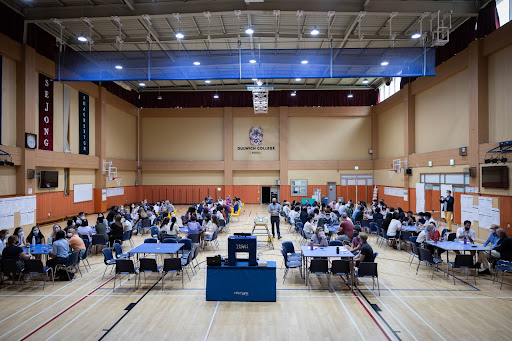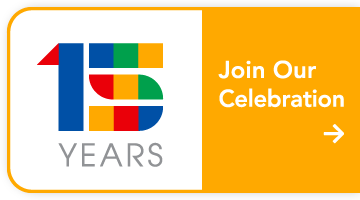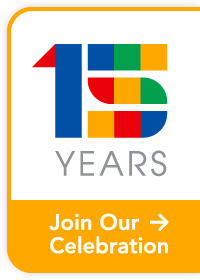Sustainability & Global Citizenship
At Dulwich College International, we aim for our schools, staff and students to “Live Worldwise”. This means Sustainability and Global Citizenship are infused and embedded across our whole organisation. Our goal is to encourage our communities to make informed choices, take inspired action and create positive impact.
As part of a holistic education, we are committed to providing purpose-driven learning experiences that are guided by a deep sense of connection to people and the planet. As an organisation, we are also committed to developing, measuring, and maintaining sustainable practices.
We have defined four pillars that shape our sustainability and global citizenship goals and outcomes: Learning, Planet, People, and Policy.
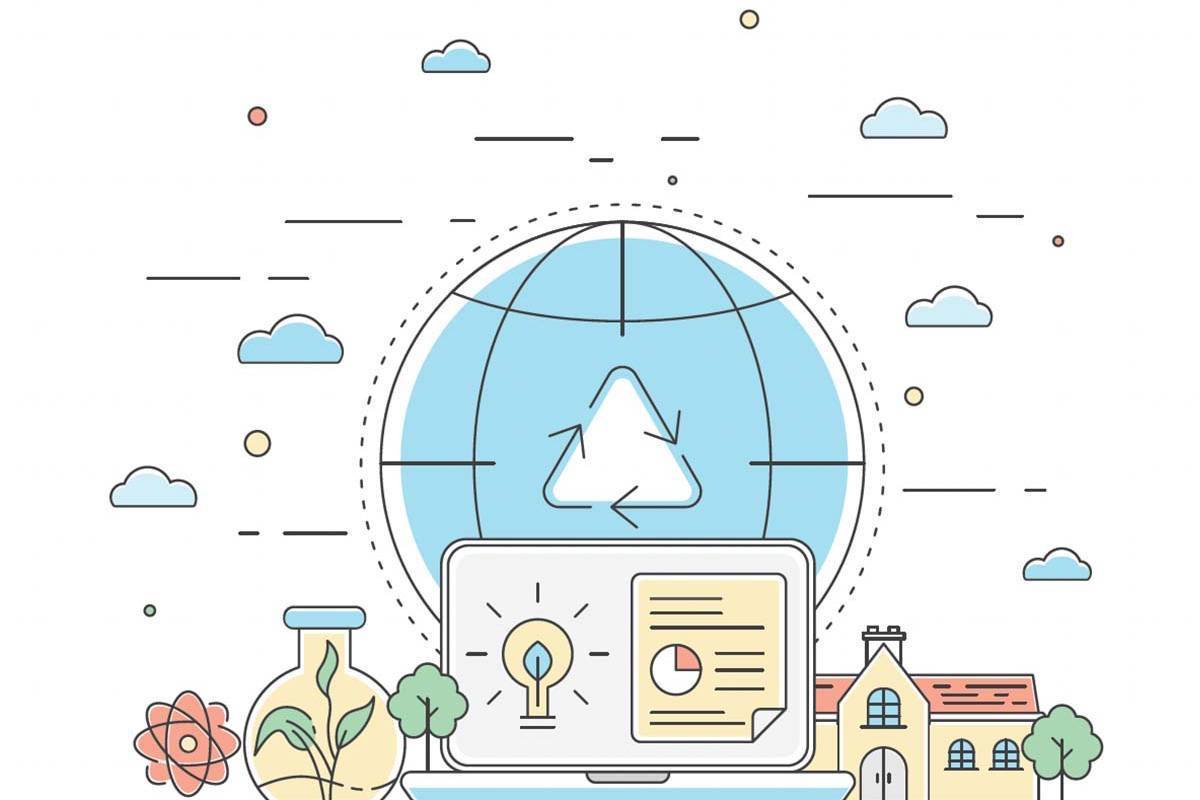
Learning: We are committed to meaningful and relevant learning that nurtures students as global citizens.
Through delivering innovative and world-changing education offerings that are wellbeing-focused, academically rigorous, socially and emotionally enriching, safe, holistic and world-class, we nurture leaders who are passionate and equipped to create solutions to the world’s problems, both today and in the future.
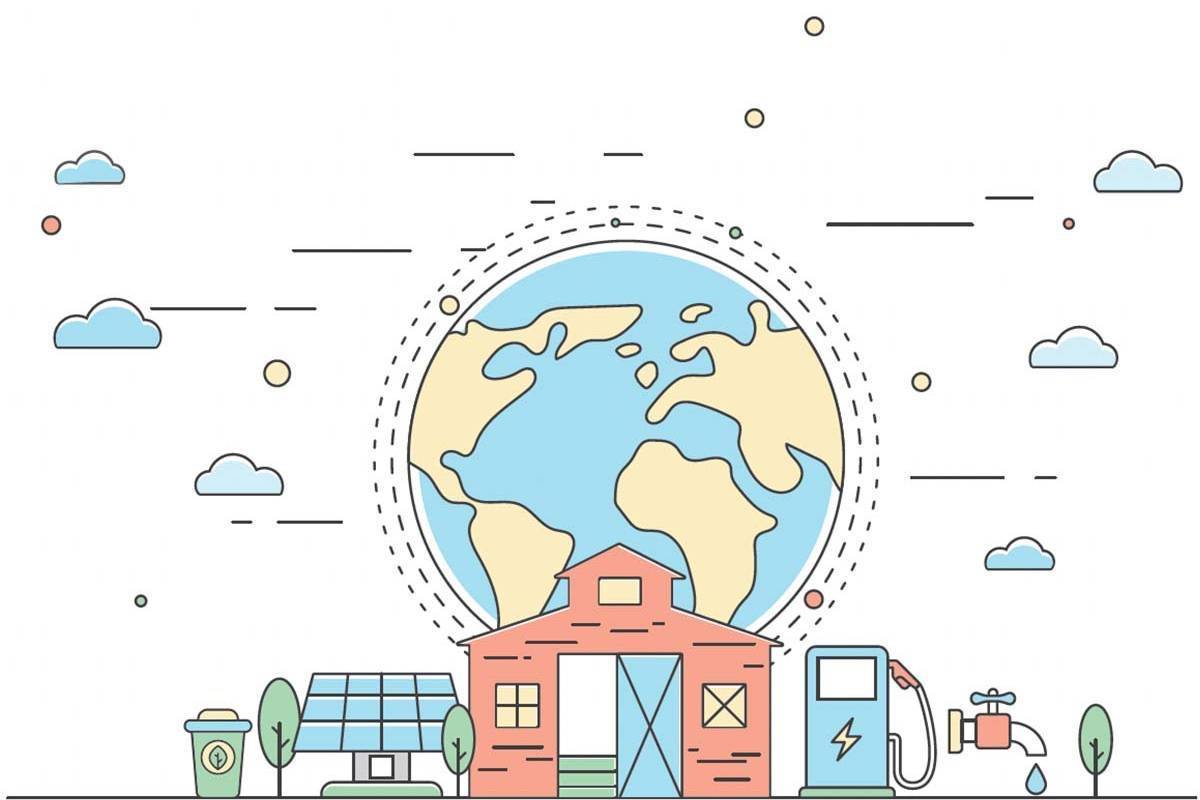
Planet: We are committed to maximising positive impact and minimising harm, with sustainable and regenerative ideas and practices for the planet.
We have embarked upon a carbon roadmap across all of our schools in a three-step process of carbon mapping, carbon reduction and carbon offsetting.
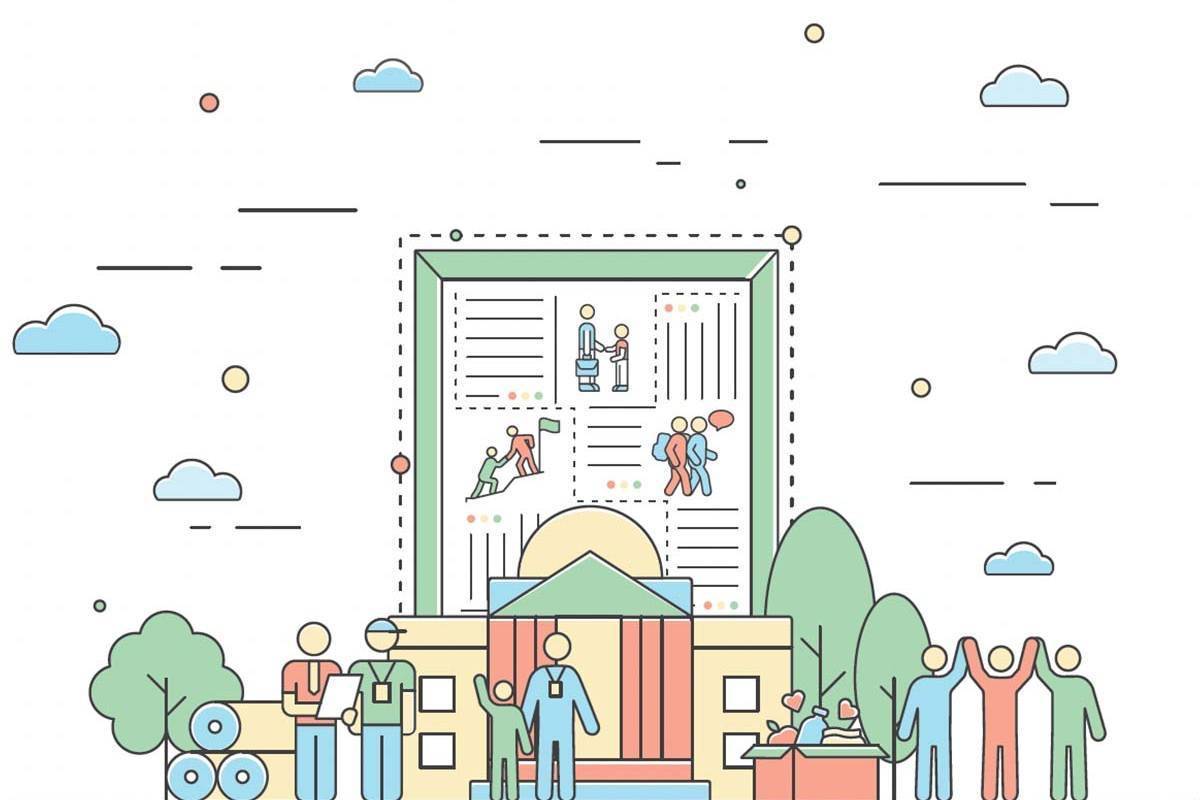
People: We are committed to working together as a rich and diverse community for the benefit of all.
To reflect this, we continually invest in staff through our “Accelerate” programme and have launched the Worldwise Alumni Network (WAN), which provides alumni with shared lifelong social and professional opportunities. We continue to focus on the health and safety of our students and staff, prioritising wellbeing and offering meaningful engagement as active citizens and through community participation.
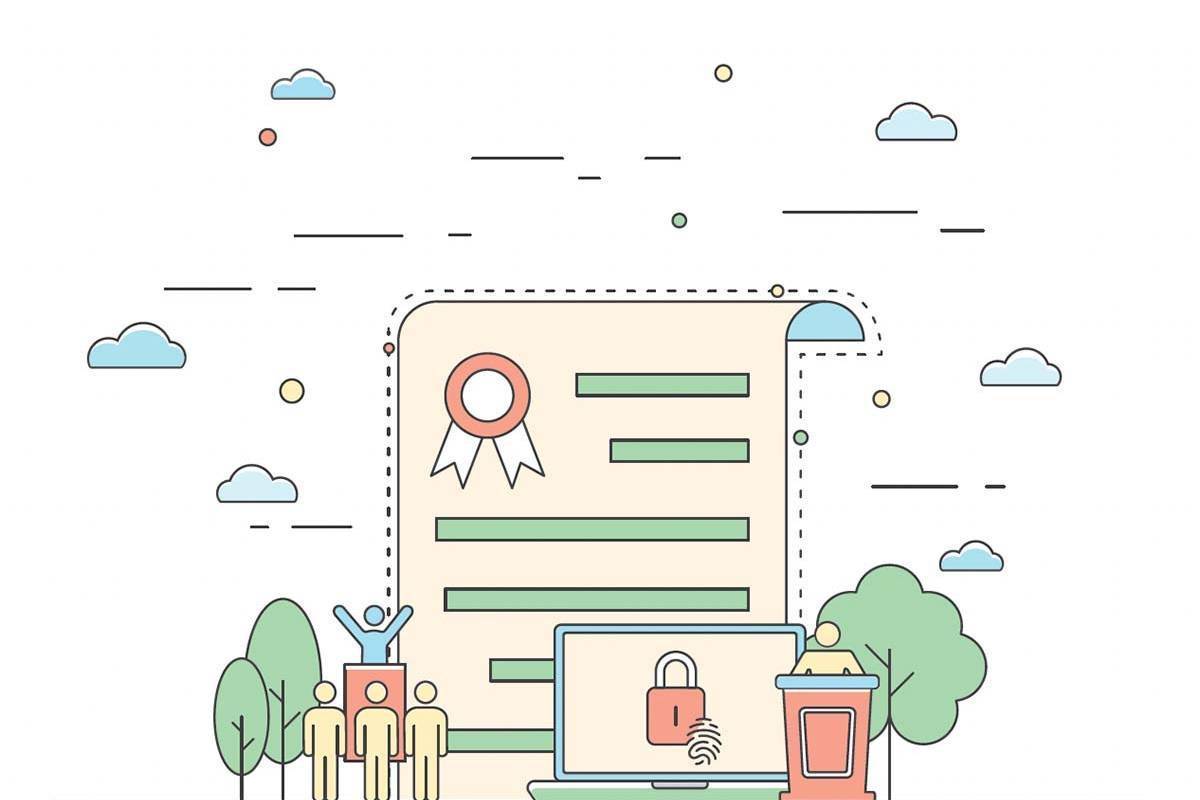
Policy: We are committed to building the systems and strong organisational structures to support collective ambition.
We are compliant in all areas across all our schools, including rapidly developing our cybersecurity and data privacy capability and have established a robust internal Environmental, Social and Governance (ESG) framework to ensure we hold ourselves accountable at all levels of our organisation.
Sustainability and Global Citizenship at Our School
Learning
Learning that relates to sustainability and global citizenship and is relevant, meaningful and contributes to a sustainable future
Our school’s set of global citizenship competencies support our school understand what global citizenship means to us, at this time. They are dynamic, ever-changing and vast so we can enhance our learning and improve our sustainable and global literacy and competency. Global Citizenship is not just an event, subject or focus area, it is a part of who we are.
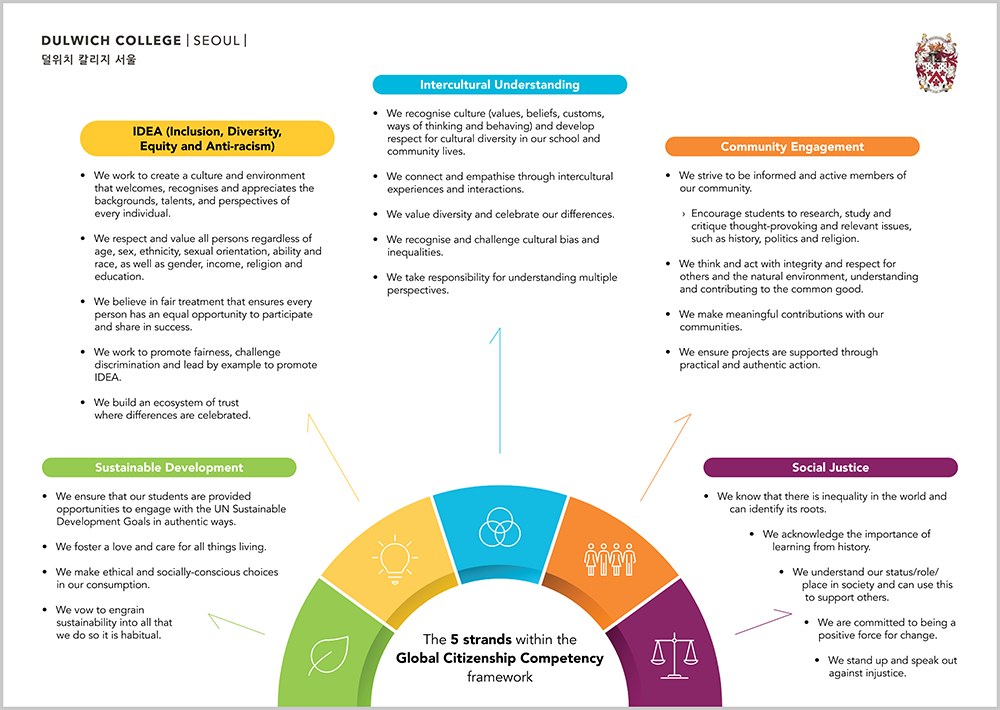
A driver in our curriculum across the Primary and Senior Schools is incorporating the 17 United Nations Sustainable Development Goals (UNSDG) into students' daily learning. This equips students with the tools, skills and knowledge to make a meaningful contribution to their local and global communities now and in the future.

Endangered animals
Climate Change is studied by students in Year 5 by looking into the concepts of causation, responsibility and change. Through the lens of extinction and adaptation, Year 5 began their learning journey by visiting the KohExist art exhibition and interviewing Koh Sangwoo, the artist. The students learned about her artwork that centres on critically endangered species; this inspired them to create their own research projects advocating for the protection of their own endangered animals. The children also produced artwork showing animals in their natural habitats and how they are affected by climate change.
Using this advocacy work as a backdrop to their learning, Year 5 then moved onto learning about the threats (current and predicted) from climate change and over consumption. They investigated clean energies as well as traditional and modern designs which are ‘flood proof’. This aided their understanding of SDG 13, Climate Action, and helped them to understand the importance of taking individual and collective action through teaspoons of change. Poised with the problem of designing sustainable, locally sourced ‘flood proof’ homes for a coastal community in Bangladesh, students spent STEM week researching design choices; testing and evaluating materials and designing their prototype to test under flood conditions.
With the Head of Senior School Humanities, students learnt about biomes around the world, identifying these based on latitude and shared characteristics, before identifying the most suitable habitat for their future colonies. Considering indigenous adaptations in extreme Arctic and Antarctic conditions, students used multi-modal methods (Tinkercad; Storyboard That; Minecraft; 3D models and dioramas) to design and explain their habitat adaptations to survive, alongside how they could co-exist with local plants and animals. They considered SDGS 14 and 15, life on land and below water, and SGD 11 sustainable communities.
At their Celebration of Learning, parents were invited to commit to lifestyle pledges based on the UN Anatomy of Action and Teaspoons of change, which were displayed on their tree of hope.


Planet
Environmental sustainability ideas and practices for our planet
At Dulwich College Seoul, we are committed to creating a sustainability mindset for all members of our community, whether they are students, staff or parents. The starting point for this is educating students in issues surrounding the environment and giving them space to act and explore how to make changes to their school, local and global communities.

Eco Schools Green Flag Award
To enable student voice, agency and engagement in sustainability with our school and wider community, the Primary and Senior School are collaborating to achieve Green Flag status through the Eco-Schools programme.
The Eco Schools Green Flag award is an international accreditation that recognises schools’ environmental action. As a fully resourced, student-led programme, the Eco-Schools programme involves students conducting an environmental review, creating an action plan, monitoring progress and gaining involvement from the whole-school community. The programme gives direction to some of the school’s sustainability efforts and is a project that can be worked on collaboratively between students of all ages across the school – with something to show for it at the end (a physical flag and sense of accomplishment of being recognised). A list of some International Schools who are currently enrolled in the programme can be found here.
The first step in this process was to form an Eco Committee. We have the ‘Eco Warriors’ in Primary School and the ‘Sustainability Committee’ in the Senior school. Both groups collaborate and keep in regular contact so that we are all pulling together to achieve collective goals for our school community.
After creating these important groups, students completed an environmental review. This took weeks of hard work and involved students collating data on our school performance in relation to sustainability. Students inspected the school site, surveyed members of our community and met with members of the school’s building team to better understand what we are doing well, as well as identifying opportunities for improvement.


After completing this part of the process, students are required to choose three topics to focus on as part of the Eco Schools 7-Steps. Students decided that they would like to focus on: ‘Global Citizenship’, ‘Marine Life’ and ‘School Grounds’. Students have been putting together action plans, considering how we could improve as a school and how we can engage all members of the community in the process.
Students have started to put some of their plans into action, with Han River plogging (picking up trash while jogging, hailing from the Swedish terms for pickup and jog, plogga) trips, school garden improvements and Global Citizenship assemblies underway. The next steps for students involve them looking into curriculum links and informing others about the work they are doing. After monitoring and evaluating the impact of their actions, students will create a new eco code for our school. Next year, the students plan to undergo the same process again in order to renew our Green Flag status!
People
Our wellbeing, working together as a rich and diverse community, and connecting with others
At Dulwich College Seoul, community engagement is one of our core values. We hope to foster meaningful partnerships with the local community, and collaborate on shared projects and initiatives. The impact of COVID-19 resulted in fewer opportunities to connect with one another, so we are excited to be able to rekindle those relationships with our community once again.

IB Community Volunteers
Dulwich College Seoul formed a partnership with the local Global Village Centre. This organisation provides information on daily living for foreigners who are new to Seoul, and facilitates cultural exchange between foreigners and Korean residents through various educational and cultural events. Through this partnership, the school and the centre have been able to create a new opportunity for IB students (in Years 12 and 13) to mentor students within the local Korean and international community in Maths and English.
Twice a week, a group of DCSL students work one-on-one with younger members of the local community aged 7-10 years old, supporting them with their homework and building meaningful connections through conversation. The partnership initially started off by reaching out to a range of local organisations to make contact and explore possible opportunities to support them with any needs they might have. The suggestion for mentoring came from the centre, which was interested in offering something new to the community.
The next step was working together to understand the needs and requirements of the centre, as well as ensuring the opportunity would be safe for our students.
So far, the partnership has been a great success. Local parents were so pleased with the involvement of DCSL students that there was a 30% increase within a week of launching! We look forward to continuing this effort to give back to the community.
Policy
Systems and structures to make positive contributions as a collective
Embedding Global Citizenship Competencies
At Dulwich College Seoul, Global Citizenship is at the heart of what we do. As such, this has been reflected in our renewed mission statement: ‘To inspire students to grow as global citizens who make a positive difference in the world.’ As part of the drive towards achieving this mission, we have been considering what Global Citizenship looks like for our community and identifying key competencies that we would associate with a ‘global citizen’.
Global Citizenship Professional Learning Communities
Over the course of the year, we have been engaging in discussions on what global citizenship means for the Dulwich College Seoul community. These conversations have involved all academic and administration staff.
The first step in this process was to form a committee. This committee consisted of the Global Citizenship Leads, the EiM Group Head of Sustainability & Global Citizenship, the College Leadership Team, and other key members of staff. The committee collaborated and debated which key competencies a global citizen should possess within our community. After much deliberation, we agreed on the following five competencies: ‘Sustainable Development’, ‘IDEA (Inclusion, Diversity, Equity and Anti-racism)’, ‘Intercultural Understanding’, ‘Community Engagement’ and ‘Social Justice’.
We then introduced these key competencies to all members of staff. We held a professional learning day to explore these key competencies, while drawing upon the expertise of Inspire Citizens, a non-profit organisation that specialises in education for holistic global citizenship. Staff spent the day exploring the multifaceted nature of global citizenship and came away with a better understanding of what it means to be a global citizen.
Following this, staff formed professional learning communities consisting of members of both Primary School and Senior School staff. Each group spent professional learning sessions collaborating and focussing on one of the five core competencies. We worked to identify key strengths and areas for development in our community.
As a result of these professional learning communities, staff had the opportunity to take these global citizenship audits and collaborate in departments and year teams to consider ways in which to further embed the global citizenship competencies into our curriculums, and our wider work. This has led to a number of innovative changes, from introducing an even more diverse range of authors in Senior School English lessons, to a redesign of the PSHE Primary School Curriculum.
